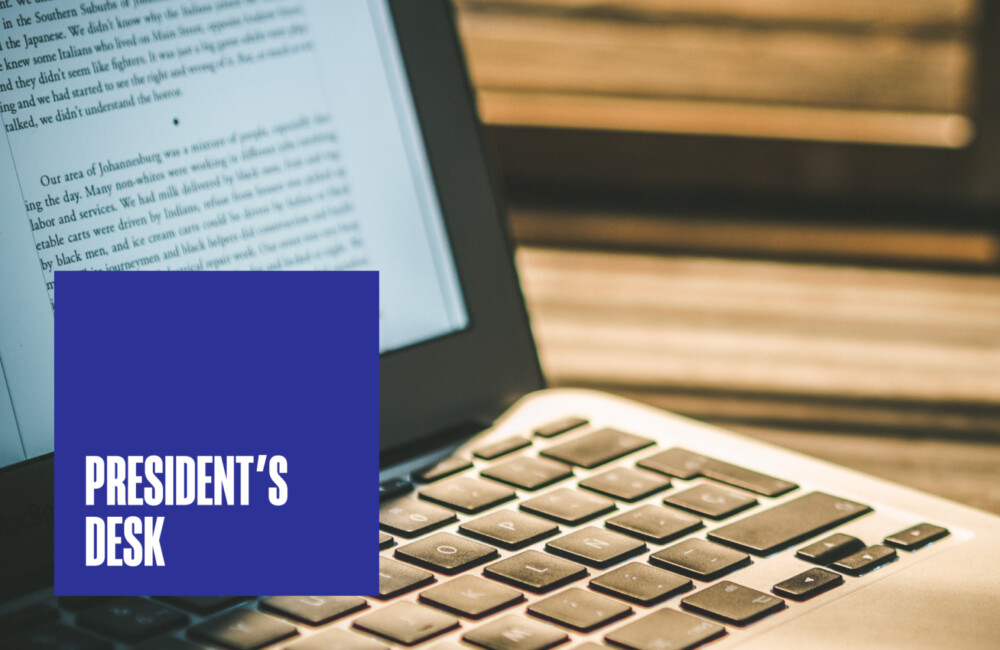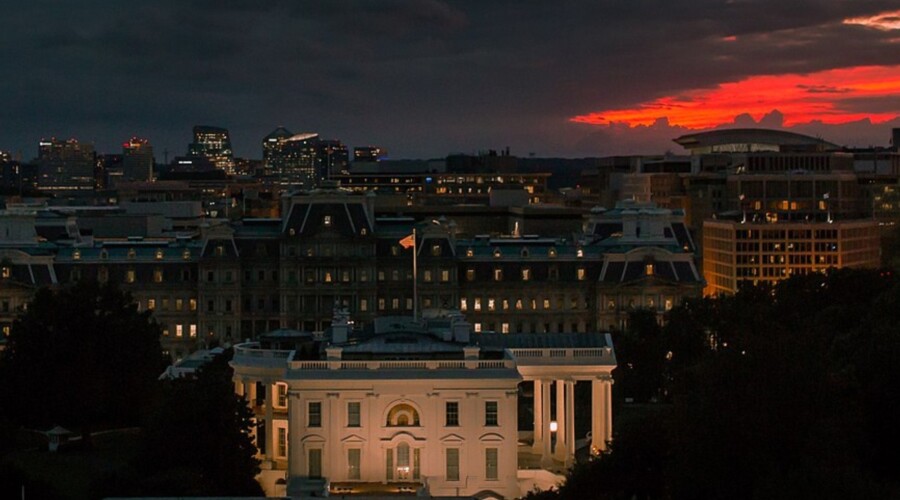在这篇2024 年全球伦理日致辞中,Carnegie Council 主席乔尔-罗森塔尔(Joel Rosenthal)分享了他对伦理领导力以及伦理在世界事务中这一充满挑战的时刻必须发挥的作用的看法。
Good morning, everyone. My name is Joel Rosenthal, and I have the pleasure of serving as president of Carnegie Council for Ethics in International Affairs.
To begin, I’d like to wish you all a very happy Global Ethics Day and welcome you to this year’s keynote event.
Today marks the 11th Global Ethics Day, Carnegie Council’s annual moment to empower ethics as a force for good.
To help frame our panel on next-generation civic leaders, I wanted to share a few of my own thoughts on ethical leadership and the role that ethics must play in meeting this challenging moment in world affairs.
In light of growing partisanship, increasing violence, and the often-irresponsible deployment of emerging technologies, it is essential that we recognize ethics as a vital tool for responsible leadership.
But for some, ethics has become an exercise in zero-sum thinking. And for others, ethics is merely an instrument to advance their personal truth or tribe.
In a world of "alternative facts" and purposeful disinformation, genuine moral reasoning is a frequent casualty.
These days, ethical argument often takes the form of righteous indignation and moral certainty.
In this context, if you disagree with me, not only are you wrong but you are also a bad person.
But we don’t need to accept this status quo . . .
Whether you attend university, work in the private sector, or serve in government, we all must challenge ourselves to recognize a few universal truths: No one is perfect and no one has a monopoly on virtue.
Throughout our lives, values will conflict and tradeoffs are inevitable—but we must recognize that one-dimensional moral assertions do far more harm than good.
Ethics aims toward a telos or ultimate purpose. Its main feature is an iterative process of zigs and zags, open to correction and revision.
In this way, ethics is a practical tool rather than a static set of principles to be taken off a shelf.
There is seldom just one course of action for addressing a complicated challenge, but often several, each with differing benefits, risks, and undesirable consequences.
It is at this decision-making crossroads that ethics can help to guide us.
Throughout my own career, I’ve had the privilege of engaging with leaders from around the world, and I’ve learned that it’s essential to balance conviction with humility.
We tend to overcomplicate ethics, but at its core, it is about self-discovery: What are my values? What are my standards? What do I expect of myself and the institutions I work with?
It’s impossible to get ethical choices right all the time, so it’s essential to be open to reflection and correction along the way.
In the practice of leadership, I constantly ask: What is my true north? What am I willing (and not willing) to do to achieve a goal, and how might those whom I respect judge my actions?
To close, I will leave you with this advice: Remember that leadership is goal-driven, but it is compromise-ridden. All of you will undoubtedly face compromises throughout your personal and professional lives.
And while there is no magic formula, the process of ethical reflection can serve as a powerful tool in living a good life.
Finally, as you advance in your studies and careers, beware of those preaching moral perfection as they are often enemies of the good.




